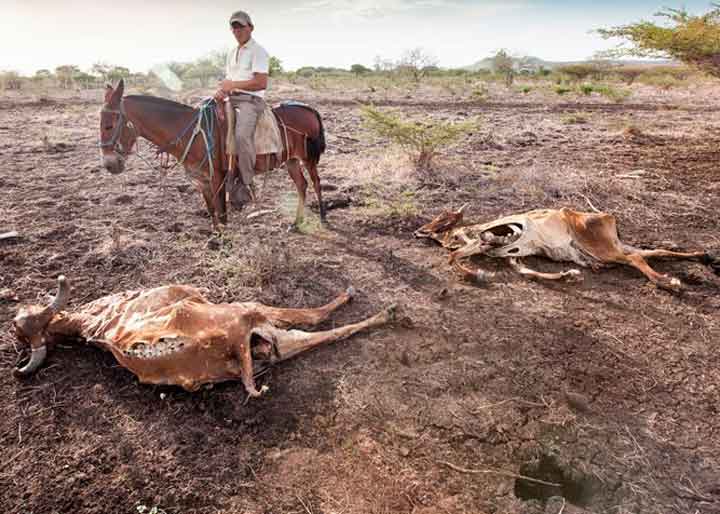Human well-being depends on natural well-being
Probably we are tired to hear about the impact that human activities have over the natural resources. Nevertheless, scientists, environmentalists, conservationists, and even worldwide politicians have concluded that human behavior can lead to big tragedies in the future if everything remains the same.
As evidence of that dystopian future, a trending topic for the entertainment industry, is the pandemic of COVID-19, that so far, has affected 183 countries of the world.
Experts from around the world have debated for years about the dangers of the destruction of natural areas, reduction of biodiversity and the contact between humans and wildlife. COVID-19 could be one of them.
Trees for health

Spruce, is one of the tree species that inhabitat of a Natural Reserve. Photo: Jorge Rodríguez/Viatori
There is no element more representative of natural life than trees. They are usually the basis of different ecosystems, which provide shelter, food and protection for thousands and thousands of species throughout the world.
They help us see how the world is very different without their presence. “Forests are seen as luxury items, but they are actually essential to improving people’s health,” said Robert McDonald, author of the report “Funding trees for health.”
The trees and other natural elements, help to regulate the quantity and quality of water, especially in urban areas, besides, they help to refresh and clean the air we breathe. In the cities they give better value to real state, because they provide visual beauty of the streets.
According to TNC Mexico, a single tree can absorb 28 kg of CO2 per year. To put it in perspective, just by breathing, a person produces about 900 grams of CO2 per day, which multiplied by the total world population, yields a carbon dioxide production of more than 2 billion tons annually.
Recovering forest areas should be a global priority, not only in the form of agroforestry plantations, which only serve a specific purpose, but also the natural recovery of degraded areas, which allow the revitalization of different ecosystems essential for biological diversity.
Revenues vs conveniences

Photo: FAO
Changing the world economic model in a short period of time, seems like a very distant dream. It is estimated that only a hundred companies around the world are responsible for 80% of the production of greenhouses gases (CO2)
This happens due to the replacement of forest areas for agro industries and monoculture farms, as well as over fishing, contamination of water source as a result of mining and other extractive activities.
Therefore, the authorities and politicians of the world should consider and promote the economic side of a comprehensive environmental development model. “We cannot talk about conservation if the population is not involved in the decision-making process,” said María José Hernández, a Guatemalan biologist.
She added that, to researchers “it is easy to suggest that an area should not be touched for 20 or 30 years, to make measurements and to be proud of how beautiful the forest is growing. However, for the people it is a piece of land that is not generating profit for them to subsist. For this reason, we must help generate sustainable programs that allow them to obtain benefits from conservation.”
In addition, forests allow reduction in stress levels of people. In a study published in Enviroment and behavior, done by the universities of Illinois (USA) and Hong Kong, it was found that walking in a forest considerably reduces the amount of stress in people.
120 people with symptoms of depression and stress were subjected to environments with forest cover. “At the lowest level of tree density (2%), 41% of the participants reported a calming effect. As the density of the tree cover increased to 36%, more than 90% of the participants reported an experience of recovery from stress,” the study concluded.
All in all, it is clear that nature is key to human health.
